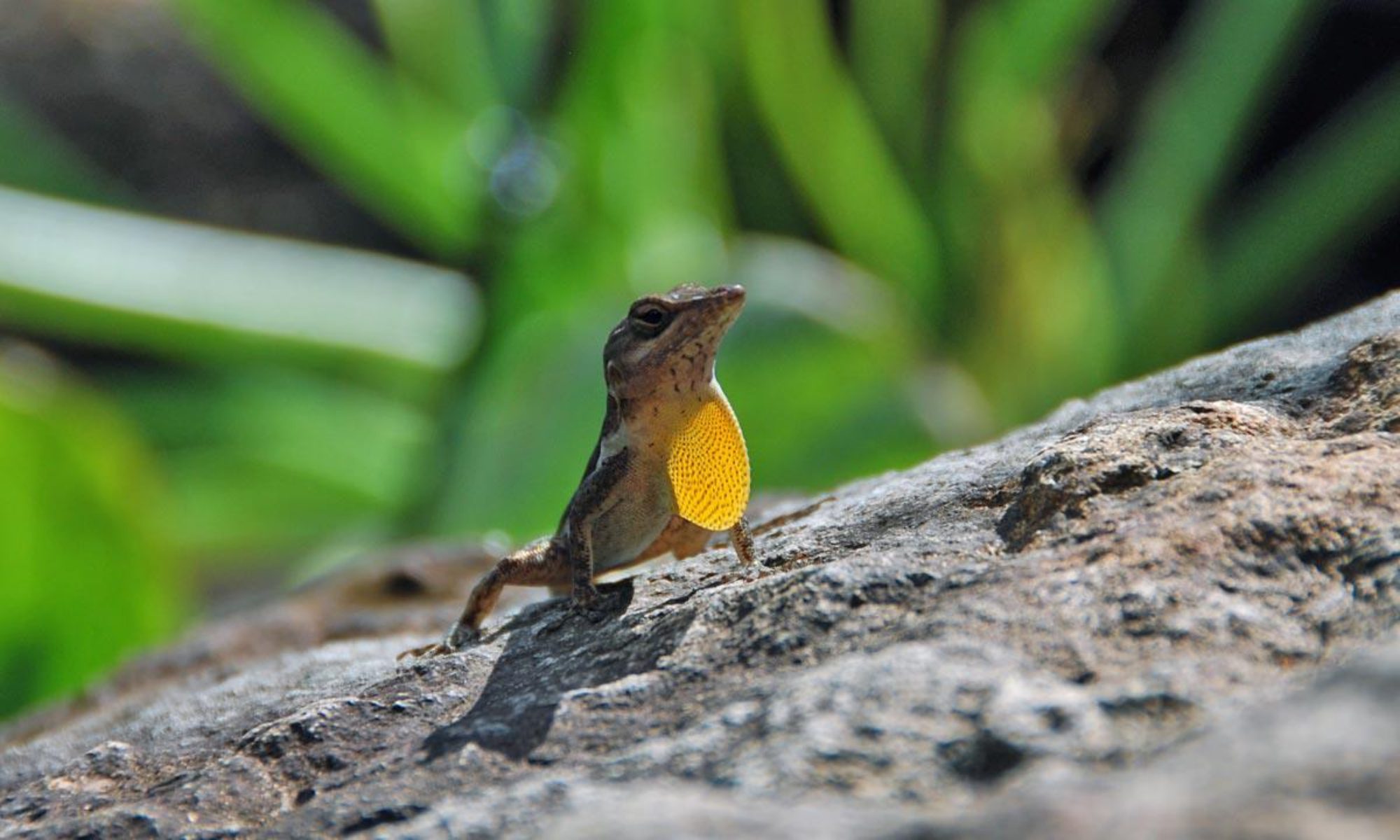The dump is on fire and there is a haze in the air. What can you do about it? Air Purifiers, Plants, and Masks – Do They Help?
Air Purifiers
Air purifiers come in many different sizes and capacities. If you choose to use an air purifier to help your indoor air quality, here are a few things to keep in mind: Air purifiers clean a certain volume of air a fixed amount of times per hour. If the windows and doors are wide open and there is pollen, Sahara dust, or smoke outside, the constant influx will mean that the the filter will not keep up. Still, they are a decent solution in offices, classrooms, and bedrooms where AC may be used or for sleeping in the cooler nighttime hours.
HEPA Filter
For larger spaces, there are a number of HEPA filters available at many different price points. We have tested the Honeywell 50250-S True HEPA Air Purifier which covers up to 390 sq. ft. In about half an hour it can bring down PM2.5 levels from ‘unhealthy’ to ‘moderate’. It is a big powerful filter, and therefore does generate some heat, but it works well in air conditioned rooms or in the evening hours when it is cooler.
Wynd
Wynd is a portable air purifier with a detachable PM2.5 air quality monitor. This means you can monitor the effectiveness of the purifier, and only use it (or use it at higher speed) when the particulate count is high. We have a full review on Wynd here. Our favorite use for it is in the car, or at work while the stream of air can be directed directly at you.
Plants
Trees
Trees are, perhaps, our biggest weapon in reducing air pollution. They absorb the carbon dioxide we throw at them and provide us with oxygen in return. They also provide shade, cooling our homes. Trees along roadsides can remove the fine particulates found in the exhaust fumes, preventing them from coming into our homes. Of course we can’t forget the beauty and food they provide too. If you are not convinced to plant a tree today, you can learn more about their benefits here.
Houseplants
Just like trees do outside, houseplants (and the microbes in their soil) are assumed to increase indoor air quality. However, there is not much research to show how or why they benefit, besides a 1989 NASA study that demonstrated how plants can remove volatile organic compounds (VOC’s) in a closed environment. Our homes are not air tight – which is why improving indoor AND outdoor air quality is so important. Even if the air cleaning power of plants is smaller than hoped, they are still proven to increase happiness, decrease stress, and increase energy levels.
Consider a snake plant, coffee plant, or aloe vera.
Masks
Masks are often seen used in the polluted cities in China, but just how effective are they? Reports vary considerably, and not all masks are created equal. They are available in N95 and N99 options – N95 removes all but 5% of PM2.5 particles and N99 removes all but 1% of PM2.5 particles when properly fitted. This is key, because most disposable masks come in one size that creates large air-gaps on many of us.
A properly fitting mask is also slightly harder to breathe in, making them unsuitable for certain people and activities. Even when correctly fitted, don’t let a mask give you a false sense of security. Don’t have any more exposure than absolutely necessary.
If you can’t avoid pollution and need a short term solution, a N99 mask is a viable option. However, we were unable to find N99 locally, and the ones we tried only fit correctly on 1 out of 6 participants. If you are an average sized male with no facial hair, they might be a temporary solution.
Another solution is a reusable N99 mask that comes in different sizes. With a bit of trial and error, we were able to get the right size – they have options to fit https://amzn.to/2wglIpRkids through adults. (Again, they don’t work with facial hair!) They last for six months before requiring replacement.
There are also reusable N95 masks available at a lower price point.
Air Purifiers, Plants, and Masks – Do They Help?
Yes, they do – to varying degrees. But we also need a long term solution. This means reducing our reliance on combustion engines (cars, power plants, transportation) and throwing away less waste. Less plastic in the landfill will benefit us all. Food waste should be composted, as anaerobic decomposition in a landfill produces methane, a greenhouse gas and common air pollutant.
We can also avoid indoor air pollution by choosing better cleaning chemicals , keeping appliances well maintained and ventilated, and maintaining older furniture rather than buying new.
This website contains affiliate links. We may be compensated (at no cost to you) should you decide to buy online using one of our links. However, for our St Maarten / St Martin visitors we encourage you to shop local, and every effort has been made to provide a local source. Please let us know if you want to be included!


